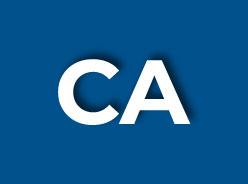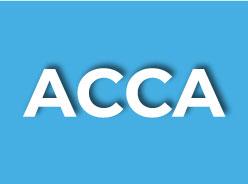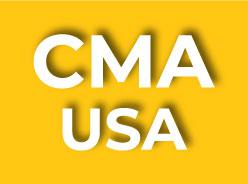In the ever-evolving landscape of education, the choice between offline and online learning for ACCA (Association of Chartered Certified Accountants) holds paramount significance. As aspirants strive to navigate the path towards ACCA qualification, the decision on the mode of learning becomes pivotal. In this comprehensive analysis, we delve into the nuances of cost-efficiency, shedding light on the accessibility to physical resources in both offline and online learning environments.
Cost-Efficiency
Offline Learning: Beyond the Classroom Walls
Traditional offline learning, with its physical classroom setting, has long been the conventional approach. The tangible presence of instructors, face-to-face interactions, and structured schedules define this mode. While it offers a palpable sense of academic ambiance, the cost dynamics merit close examination.
Tuition Fees
Offline learning often entails higher tuition fees due to physical infrastructure maintenance, faculty salaries, and associated overheads. The direct impact on the learner's pocket can be substantial, warranting scrutiny of the value proposition vis-à-vis cost.
Commuting Expenses
The commute to physical classrooms incurs additional expenses, comprising transportation costs and potential time loss. These hidden costs contribute to the overall financial burden borne by the ACCA aspirant.
Material Costs
Offline learning may necessitate the purchase of physical study materials, textbooks, and other resources, adding to the financial outlay. The tangible nature of these materials may enhance learning experiences but comes at an economic cost.
Online Learning: Navigating the Virtual Terrain
In contrast, the realm of online learning has burgeoned, offering a digital alternative that revolutionizes accessibility and cost structures.
Tuition Fees and Flexibility
Online ACCA courses often present a more affordable alternative. With reduced overheads, tuition fees tend to be more cost-effective. Moreover, the flexibility of online platforms allows learners to pace their studies, potentially lowering the overall cost of qualification.
Commuting and Time Efficiency
The elimination of physical commute translates to significant savings in both time and money for online learners. The asynchronous nature of online courses empowers individuals to tailor their study schedules to personal commitments.
Digital Resources and Cost-Efficiency
Online platforms provide a plethora of digital resources, reducing the need for physical materials. E-books, webinars, and interactive tools become integral components, enhancing the learning experience without the added expense of physical textbooks.
Access to Physical Resources
Offline Learning: The Bricks-and-Mortar Advantage
Proponents of offline learning argue that physical classrooms offer an immersive environment, fostering a sense of community and discipline. However, the accessibility to physical resources is a double-edged sword.
Libraries and Facilities
Brick-and-mortar institutions boast physical libraries and facilities, yet access is often limited to specific hours. The inconvenience of constrained availability may hinder the seamless integration of these resources into the learning journey.
Networking Opportunities
Offline learning facilitates face-to-face networking, a tangible advantage in professional spheres. However, the extent of its impact on career progression is subjective, and the associated costs should be weighed against potential benefits.
Online Learning
In the virtual realm, the availability of digital resources transcends geographical constraints, providing a diverse array of materials at the learner's fingertips.
E-Libraries and Virtual Labs
Online platforms offer e-libraries and virtual labs, accessible 24/7, affording learners the freedom to delve into resources at their convenience. The digital arsenal expands beyond physical limitations, enriching the learning experience.
Global Collaboration
Online learning fosters global collaboration through forums, webinars, and collaborative projects. The interconnectedness of a global community enhances exposure, an invaluable asset in the professional landscape.
In the dichotomy between offline and online ACCA learning, the choice ultimately hinges on individual preferences and priorities. While offline learning may offer a tangible ambiance, online learning emerges as a cost-efficient and resource-accessible alternative. The decision, therefore, lies in the aspirant's pursuit of balance between tangible experiences and fiscal prudence. As the digital realm transforms education, ACCA aspirants find themselves at the intersection of tradition and innovation, navigating toward qualification with a discerning eye on cost-efficiency.

 ABOUT LAKSHYA
ABOUT LAKSHYA  WHY CHOOSE LAKSHYA
WHY CHOOSE LAKSHYA  MISSION AND VISION
MISSION AND VISION  CHARTERED ACCOUNTANCY (CA)
CHARTERED ACCOUNTANCY (CA)  ACCA
ACCA  CMA-USA
CMA-USA  RESULTS
RESULTS 


